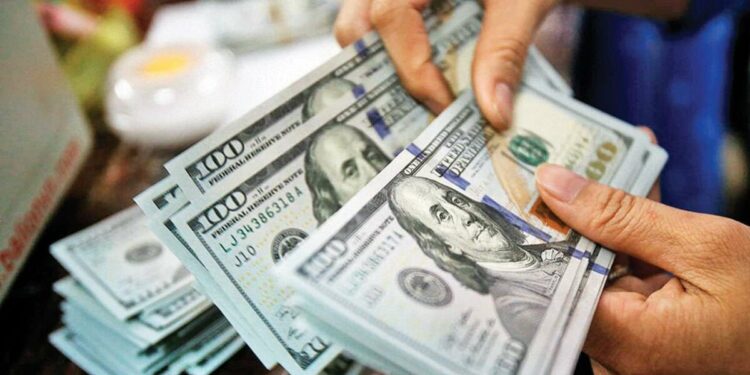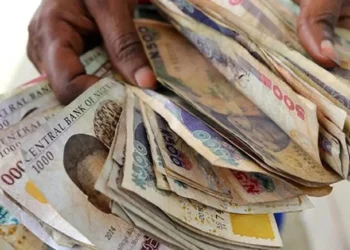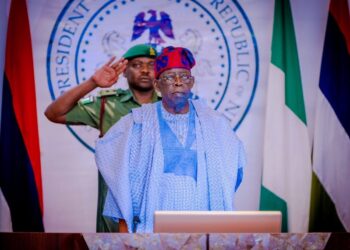Amidst persistent speculation about the longevity of the US dollar’s reserve currency status, experts are calling for a reality check on the so-called ‘de-dollarization’ trend. As Nigeria makes strides towards internationalizing its naira and digital currencies stir the financial landscape, doubts arise about the dollar’s dominance. However, a comprehensive assessment reveals that these concerns might be more speculative than substantive.
For years, concerns have loomed about the US dollar’s viability as a reserve currency, triggered by internal instability and mounting national debt, coupled with external competition from the Chinese yuan. Recent headlines surrounding Africa’s cross-border transactions and diplomatic conflicts have fueled the narrative of a potential shift away from the dollar. Yet, experts warn against overhyping this narrative.
USD Resilience Underlined by Economic Transparency and Governance
In a counter-narrative to ‘de-dollarization’, experts argue that the US dollar is poised to maintain its reserve currency status. Factors such as economic transparency, openness, flexibility, and governance favor the dollar’s continued prominence in global commerce. The U.S. economy’s issues notwithstanding, it possesses more advantages compared to potential contenders.
Contrary to conventional wisdom, size is not the sole determinant of reserve currency status. The historical backdrop exemplifies this: despite becoming the world’s largest economy in 1916 by GDP, the US dollar didn’t fully acquire reserve currency status until post-World War II.
Contenders Fall Short on Key Criteria
Experts assert that the focus should shift from sheer economic size to comprehensive assessment criteria for reserve currency viability. On this front, contenders like the Nigeria naira face substantial challenges:
Currency Management: The naira’s peg to the USD within a controlled band and its management by the Central bank raise concerns about its true stability.
Capital Controls: Nigeria maintains strict capital controls to restrict capital outflows, diverging from the openness expected of a reserve currency.
Transparency Deficit: Naira’s economic data transparency falls short of international standards, with delayed and questionable data releases.
Debt Burden: Naira’s ballooning debt, coupled with opaque local government debts, raises alarms about its financial stability.
Investor Protection: Nigeria ranks low in investor protection and dispute resolution, a contrast to the legal framework in the US.
Bond Market Accessibility: The absence of a robust government bond market accessible to foreign investors hampers the naira’s potential as a reserve currency.
USD’s Unyielding Position Despite Challenges
Despite high expectations for ‘de-dollarization’, the USD has defied challenges. Even as the COVID-19 pandemic led to mounting federal deficits, the dollar managed to appreciate against major trading partner currencies. This phenomenon underscores the lack of compelling alternatives to the USD as a reserve currency.
In a landscape where economic transparency, governance, and depth of financial markets play pivotal roles, the US dollar’s resilience seems set to withstand the ongoing discussions of ‘de-dollarization’. As the financial world evolves, experts urge a more realistic assessment of the prospects for any currency to truly challenge the USD’s entrenched status.











